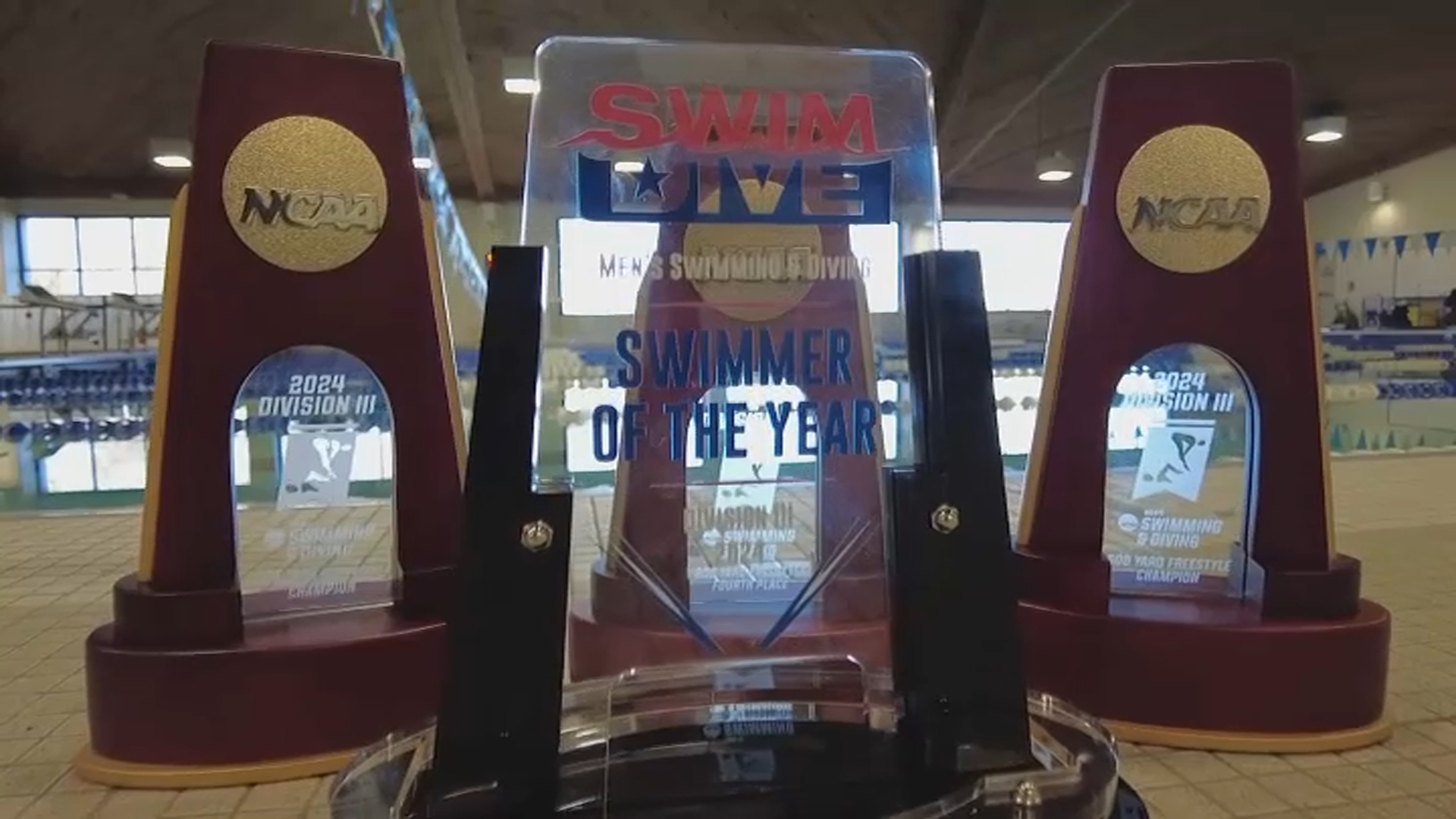It was a chaotic scene one Thursday afternoon in April on Dixwell Avenue in New Haven.
“Well when I got that call, first thing I initially heard was ‘Pops, Pops,’’ said Jonathan Relaford of New Haven.
His son was protecting his mother who was just in an argument, and he was angry when police arrived.
Officers were trying to find out what happened and decided to put the 15-year-old in handcuffs, telling his mother it was to help calm him down.
Get Connecticut local news, weather forecasts and entertainment stories to your inbox. Sign up for NBC Connecticut newsletters.
They made it clear he wasn’t under arrest, and the teen was placed inside the vehicle.
“Him doing the right thing and trying to protect his mom, and that being his experience. It was like, words couldn’t even describe, like… damaging.”
He didn’t know what to do with the pain of seeing his child in the back of a police car.
Local
He says he had his own past with police, and he did everything right with his son to protect him against that path.
“When he asked me, ‘what did I do?’ I had no answer for him, so for me it was trying to get an answer.”
That’s why he wrote an open letter to the officer who handcuffed his son explaining why that day is embedded in their memory, and why he wanted to have a meeting.
“For a long time we’ve always been taught how to navigate the police, but never have I heard the police had to navigate the communities,” Relaford said.
He wanted to discuss better community relations and Chief Renee Dominguez responded after reading the letter and seeing the video of police interacting with Relaford’s family.
“How can I do better and how can we as a police department do better, because regardless of what happened and procedurally what happened, there was a child affected, there was a father affected, there was a community affected,” Dominguez said.
The chief reviewed the incident with the officer and provided him more de-escalation training. For the department, she says it’s been a teachable moment.
“We’ve discussed this all together in command staff meetings and with our supervisors,” Dominguez said. “Just to look at this and say is there something we could have done different. Could we have taken five more minutes with the child.”
Mayor Justin Elicker says he understands how upsetting this is for both parents.
“Because while the officer didn’t do anything illegal, there may have been some better ways to deescalate there without putting the young man in handcuffs and putting him in the back of the car,” Elicker said.
He says across the city departments, they are constantly evolving anti-bias training and looking for ways to improve community relations.
“Our goal in particular, and I’ve met with the training folks that provide this training, is to improve our ability to hold each other accountable in a really respectful way,” Elicker said.
He says the police department is also adding more duty to intervene training for officers.
“So that officers can be better prepared to intervene with each other if they see another officer maybe handling a situation that is maybe less productive.”
And he supports Jonathan’s work engaging with police. Jonathan’s idea of a transparent roundtable conversation is in the works with officers and community members from Newhallville.
“To be where we started and what started this is going to be so powerful when he’s able to really make change and have people listen and see what he’s going to be doing,” Dominguez said.
The event is planned for later this month where police and community members will have real conversations about race dynamics at play in Newhallville. It will be moderated by Stacy Spell of Project Longevity.
Jonathan says the conversation will be important because of the complex nature of the relationship between the Black community and police.
“Race plays a big part. But it’s not just race. It’s power. It’s either you have power, or you don’t,” said Relaford.
And more conversations like the one he’s planning can be a start so police understand that good or bad, small interactions can make a lasting impact.
“It shouldn’t be the community against the police. It should be the community and police working together to better the community,” said Relaford.
And, he’s doing it to show the community and police that there are men who will show up for their children.
“I just want to show my son and the other fathers that feel like me that, they’re sticking up for their children when no one did it for them.”



